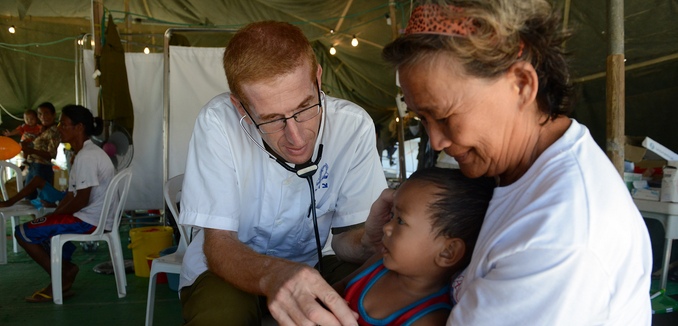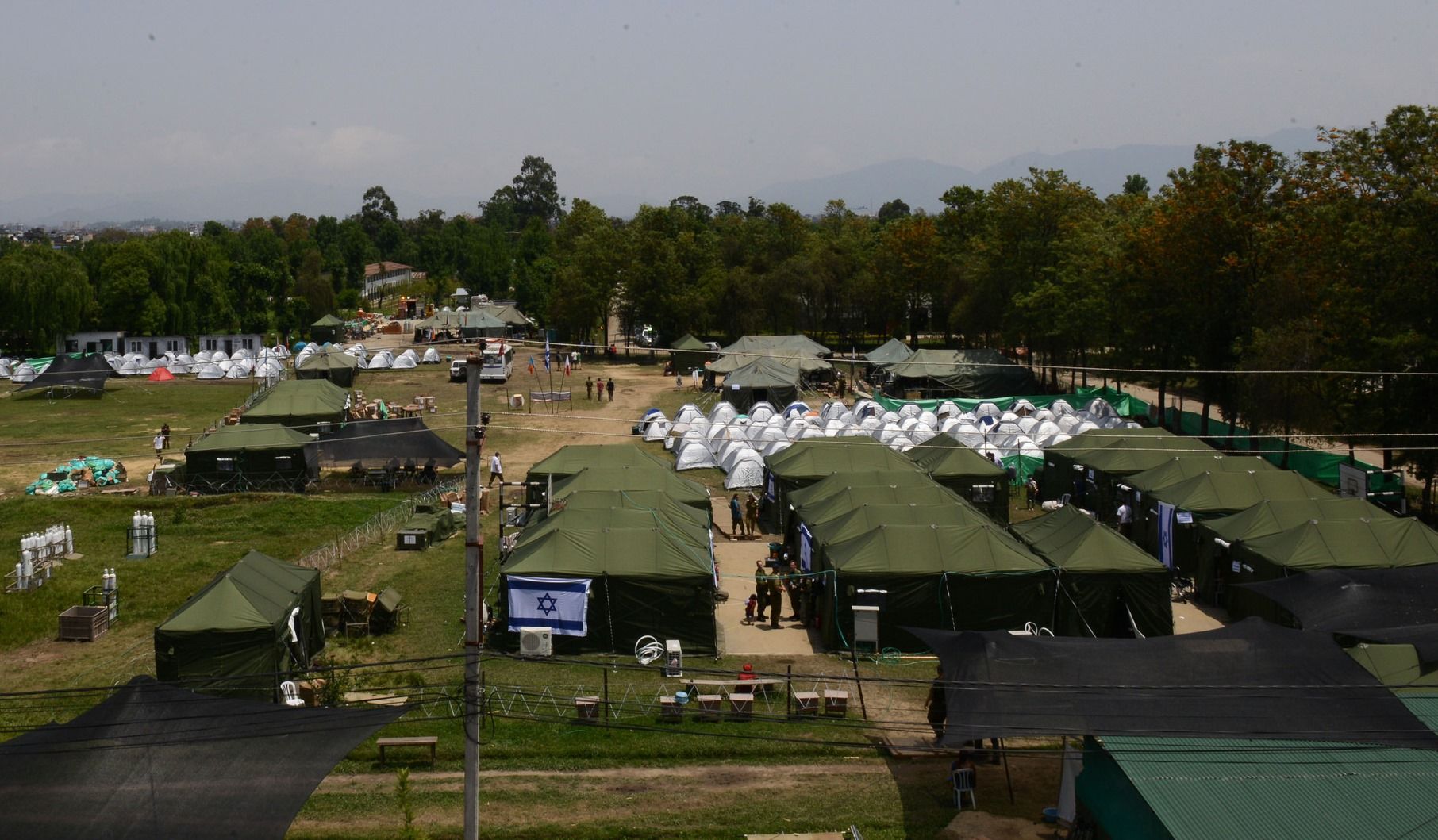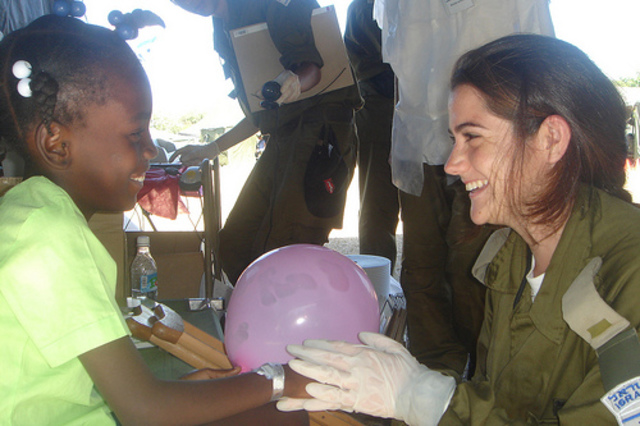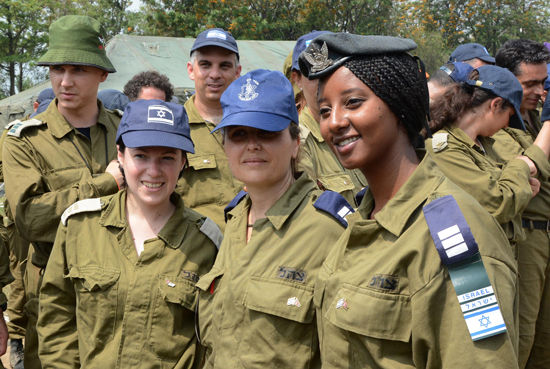
Links
Sheba Medical Centre
Melanie Phillips
Shariah Finance Watch
Australian Islamist Monitor - MultiFaith
West Australian Friends of Israel
Why Israel is at war
Lozowick Blog
NeoZionoid The NeoZionoiZeoN blog
Blank pages of the age
Silent Runnings
Jewish Issues watchdog
Discover more about Israel advocacy
Zionists the creation of Israel
Dissecting the Left
Paula says
Perspectives on Israel - Zionists
Zionism & Israel Information Center
Zionism educational seminars
Christian dhimmitude
Forum on Mideast
Israel Blog - documents terror war against Israelis
Zionism on the web
RECOMMENDED: newsback News discussion community
RSS Feed software from CarP
International law, Arab-Israeli conflict
Think-Israel
The Big Lies
Shmloozing with terrorists
IDF ON YOUTUBE
Israel's contributions to the world
MEMRI
Mark Durie Blog
The latest good news from Israel...new inventions, cures, advances.
support defenders of Israel
The Gaza War 2014
The 2014 Gaza Conflict Factual and Legal Aspects
UN ranks Israel’s field hospital as best in the World

The Israeli military’s emergency medical unit won an unprecedented top grade from the United Nations’ public health agency for the humanitarian relief it provides in disaster zones around the world, The Times of Israel reported Sunday.
The World Health Organization (WHO) last week granted the Israel Defense Forces’ field hospital the coveted “Type 3″ designation, a label no other country has yet received, according to Lt. Col. (res.) Dr. Ofer Merin, the hospital’s commander. The WHO also added a number of “specialized care” recognitions, meaning that the classification was technically a “Type 3 plus.”
“We’re going to recommend the director-general verifies [Israel’s team] as a Type 1, Type 2, and also Type 3 and multiple different types of specialty cells,” Dr. Ian Norton, who authored the WHO grading system, said at a ceremony in Ramat Gan last Wednesday. “We haven’t had that ever before,” Norton added, praising the Israeli team’s efforts to qualify for the top designation.
Overview of the IDF emergency field hospital in Nepal. Photo by IDF Spokesperson.
In 2013, the WHO began the process of ranking emergency medical teams that arrive at foreign disaster sites on a scale of one to three. Israel is now the only nation to receive the top mark. “Only a handful in the world could even think of” achieving that grade, Norton told the Times last month.
“I wish I could sit here and say it’s a ‘Mazal tov’ for me, but it’s a ‘Mazal tov’ for the army, for Israel,” Merin told reporters. He said that he and his team spent “hundreds of hours” reviewing manuals and procedure since January to ensure that Israel’s field hospital met the WHO criteria. Achieving the top grade was an “emotional” experience, he said.
Second Lt. Tamar Levi with a pediatric patient at the IDF field hospital in Haiti. Photo: IDF
In recent months, WHO officials visited Israel to meet with Merin and his colleagues in order to assess the IDF’s field hospital, which can include up to 30 tents. According to Merin, the hospital is “not just some medics and doctors spread out in the field,” but rather a “national treasure” with capabilities comparable to those of an advanced facility, which can be constructed nearly anywhere in less than 12 hours.
The IDF has deployed its field hospital in the wake of numerous natural disasters in recent years. The IDF Medical Corps and Home Front Command provided relief “after an earthquake in Turkey in 1999, an earthquake in Haiti in 2010, a typhoon in the Philippines in 2013 and, most recently, an earthquake in Nepal in 2015,” the Times noted.
A baby is born at the IDF field hospital in Nepal. Photo courtesy of the IDF
The Type 3 designation, which will give Israel greater access to foreign disaster situations, cements its reputation as one of the world’s top providers of emergency medical treatment. “This recognition isn’t just international. It’s also recognition for ourselves, showing us what we can do,” an army spokeswoman said.
Merin also emphasized that while Israel may be well-known for its efforts to help other nations suffering from disasters, his priority remains local. “Our role is, first of all, to deploy and assist in either — God forbid — a natural disaster, which can happen because Israel’s on an active [fault line] or in cases of war,” he said.
Norton, who formerly led Australia’s emergence response team, explained that the classification system is meant to ensure that countries needing emergency assistance receive the appropriate care. It seeks to prevent organizations that lack the necessary equipment or expertise from arriving at the scene of a disaster and inadvertently becoming an additional problem for the affected country. “They cannot be a burden,” Norton said. “In the past, teams arrived with no equipment, and local authorities had to look after them; we found that inappropriate.”
Members of the IDF Medical Corps at the closing ceremony of the IDF field hospital in Nepal. Photo: Bikas Rauniar / Nepali Times
The Type 1 designation means that a field hospital can dispense basic first aid and treat minor injuries that do not require overnight stays. The Type 2 designation indicates that the hospital has at least 20 beds for inpatients and can handle between seven to 15 surgeries per day. Field hospitals can receive the Type 3 designation if they include at least 40 beds and can handle 15 to 30 surgeries per day. Type 3 field hospitals should also provide a number of other services, including rehabilitation.
“Israel’s field hospital blows past some of these requirements: A Type 3 field hospital needs 40 inpatient beds, Israel’s has 86. A Type 3 needs two operating rooms, Israel’s has four,” the Times noted.
“We also ask them to comply with the principles of being an emergency medical team, which means they will behave ethically in the field, that they will treat anybody no matter race, color or creed and that they will take part in the combined and coordinated effort to do the best for people affected by the disaster,” Norton explained. “We learned a lot” while reviewing the Israeli team’s practices during the recognition process, he added. “All of us will be able to deploy better to our missions in the future.”
“It’s a proud moment for all the Jews around the world and for people from Israel and for people from the IDF Medical Corps,” Merin said. “It’s great moment for all of us, really. It’s a great moment.”
The time-lapse video below shows the activity in the Israeli field hospital set up in Nepal after the earthquake in April 2015, giving a scope of what the medical team can accomplish in a single day.
[Photos: Israel Defense Forces / Flickr ]
# reads: 926
Original piece is http://www.thetower.org/4149-un-ranks-israels-field-hospital-as-best-in-the-world/



